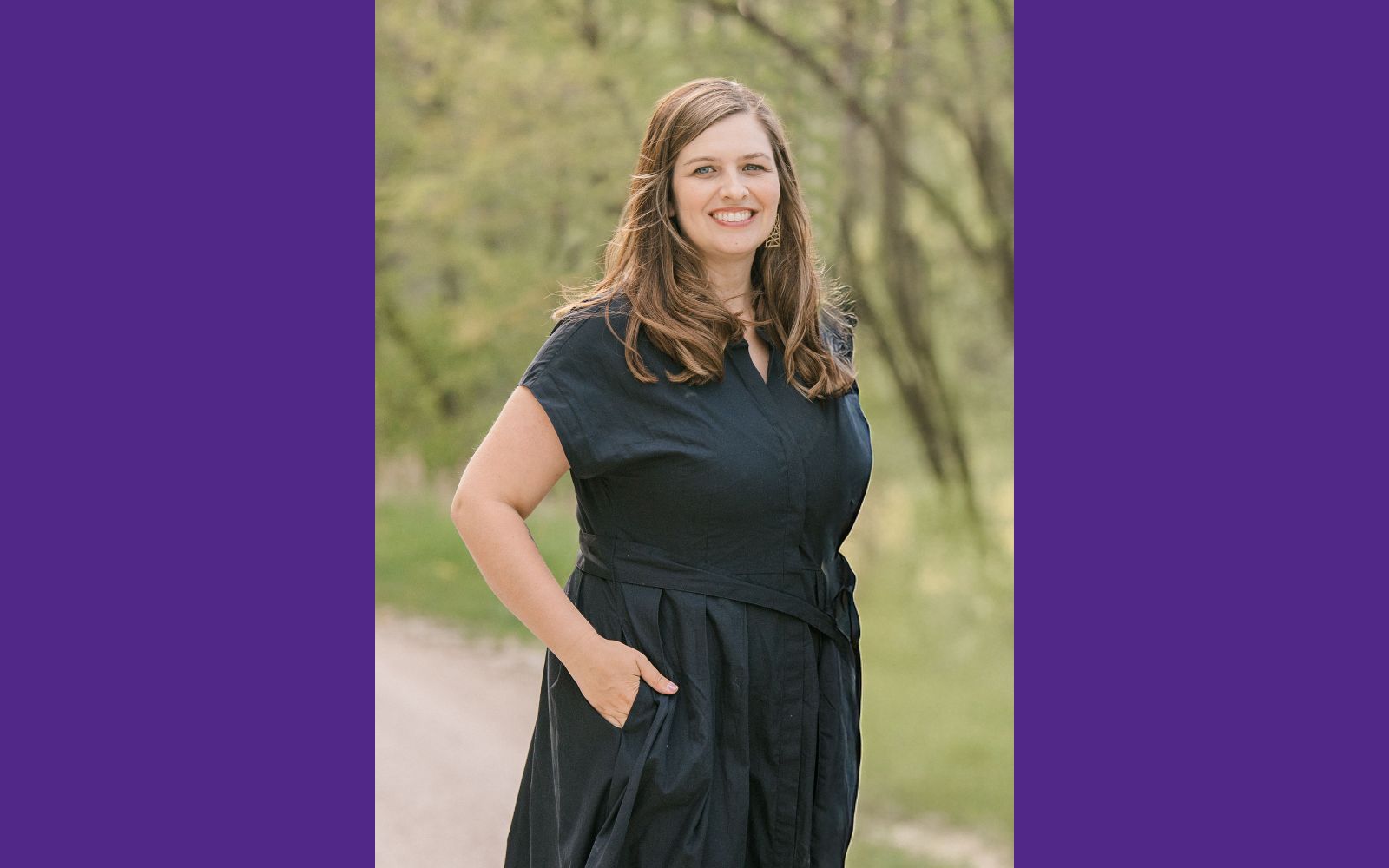Alumni Spotlight

Name: Alise Dykstra Thomas
Current Title: Foreign Services Officer
Organization: U.S. Agency for International Development (USAID)
Majors: B.S. Agribusiness - international option (2010), M.S. Agricultural Economics (2015, Texas A&M)
K-State College of Ag is proud to recognize alumni from all departments who continue to pursue their passion in their respective fields. It is through experience that we continue to grow as individuals and stewards of the industry. Through those experiences, we hope to be a continued resource for the next generation of K-State students to lean on for advice and continue to build our network!
What is an unexpected pivot you have taken in your career, and what lessons did you learn from it?
I think for me, the whole international development realm was a pivot. When I came to Kansas State University, I didn't know what I wanted to do or what kind of career I wanted. I had never experienced or met anybody who worked in international development as I do now. I only knew that was a possibility once I joined the Peace Corps and learned about international development work and the opportunities for a career in that space. It was eye-opening for me.
I believe that traveling, even if you don't plan to work internationally in the long run, helps you step out of your comfort zone. It allows you to learn more about yourself, discover what you truly want to do and understand who you are as a person, and it can help to bring clarity when you are going through the decision-making process.
What is your educational and career path overview?
I studied agribusiness in the international option at K-State. While I was there, my advisor would do international study tours. Every year he would pick a group of students to take and visit different regions of the world. I traveled with him to a few different countries, got a little bit of the travel bug and wanted to go overseas, continue to travel and work in agriculture. After graduating, I joined the Peace Corps and went to Azerbaijan for two years and served there with the Food and Agriculture Organization of the United Nations. After doing that, I knew that I wanted to work in agricultural development in other countries. I went back to the U.S. to get a master's degree at Texas A&M and then started my career in agricultural development.
I worked in Afghanistan for a little while on a value chain project, helping vegetable and fruit producers connect with financial institutions and farmers with vegetable and fruit production.I started on an activity in Ghana for conservation agriculture, working with John Deere to make smaller mechanized units for farmers since they have much smaller farms there than you would see in Kansas or the U.S. in general. Also making sure it's suitable for no-till and conservation agriculture. Next, I went to Nepal for a few years and worked as a country manager for a social enterprise that uses digital development. I was working to ensure farmers could access information on when is the best time to plant, which fertilizers they should be applying or just improved practices in general. Based on the idea of using mobile phones and the fact that most people have a phone increases access to information. From Nepal, I joined USAID and went back to the U.S. for a couple of years for training and to learn some French before being sent to Madagascar.
The U.S. government has a strategy to increase food security in other countries, and my job as a foreign service officer is to design that strategy for different countries. I get deployed to a country for two to four years, and then I work on the strategy in that country. Once there is a strategy, I work on project design and implementation and oversee the projects to make sure that we're having the impact that we want to increase food security, decrease poverty and increase the resilience of farmers. Here in Madagascar, I'm the Feed the Future Coordinator, and Feed the Future is the U.S. government's strategy for food security. I oversee a bunch of different activities where we're trying to help the government and the private sector be able to better support farmers and increase their opportunities.
What benefits have you gained from graduating from the K-State College of Agriculture?
Once I studied abroad during my first semester, I started working in the study abroad office and learned that there are a lot of different programs. Regardless of your interests—be it agriculture, health, or other fields—you can find opportunities in your area of focus. Whether you're looking for a volunteering experience or a tour to another country, there are plenty of options available.
I encourage students to visit the study abroad office and start talking about the different opportunities that exist as well as visiting with your professors in the College of Agriculture. I know Dr. Tim Dalton. He was the first professor I took an international development class with at Kansas State and is still there teaching in the Department of Agricultural Economics. He knows all kinds of opportunities as well. Some different innovation labs that work internationally are hosted out of K-State. So, especially for graduate students, there are a lot of opportunities to travel and do research with the different innovation labs as part of your graduate program.
When graduating from K-State, it's like having a family wherever you go in the world. If you meet somebody who's also a graduate, you have that easy connection. I'm always surprised at how many people I meet who are a part of the K-State community around the world. No matter where you go, you run into them and it's always really nice to have that extended family that you can reach out to wherever you end up.